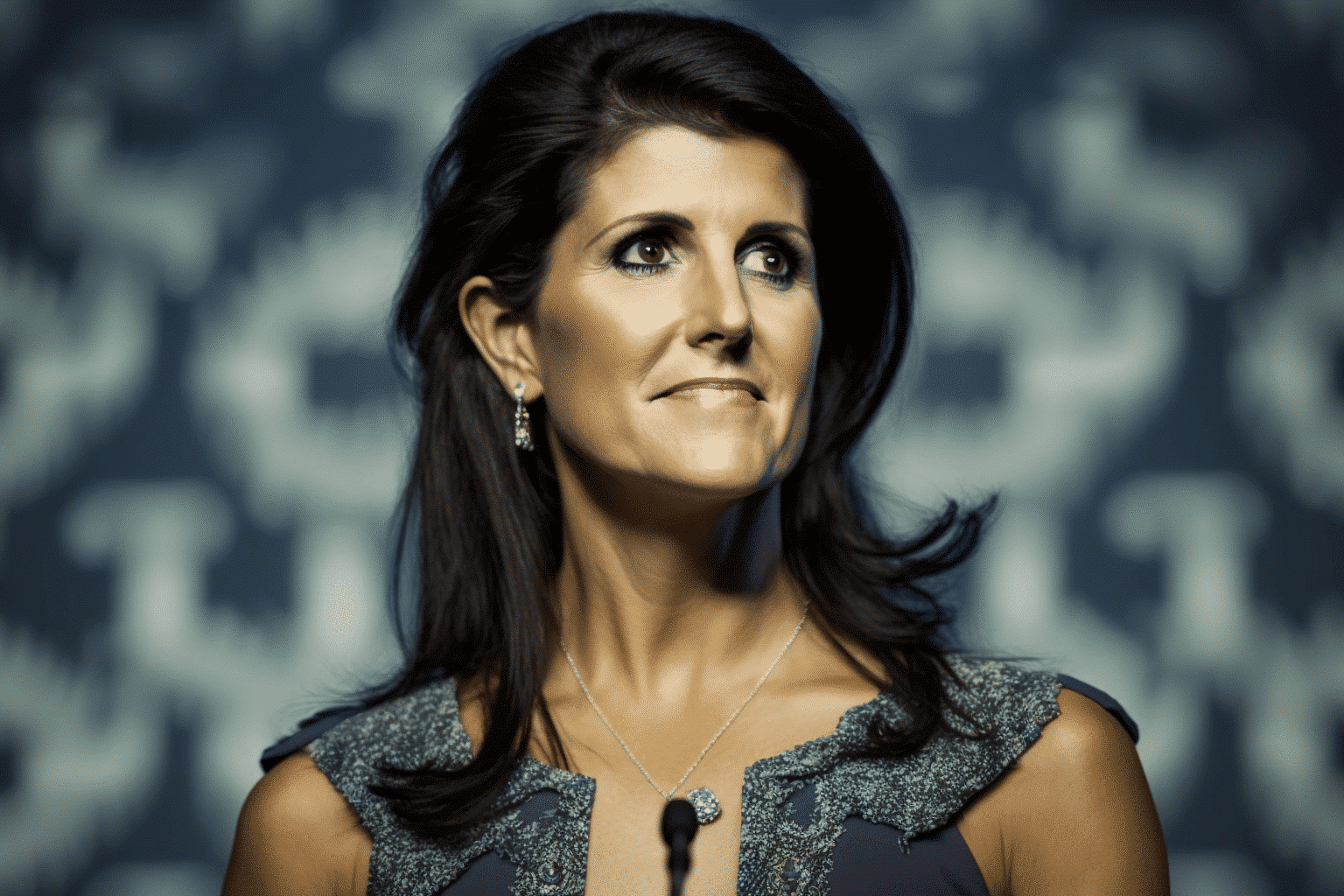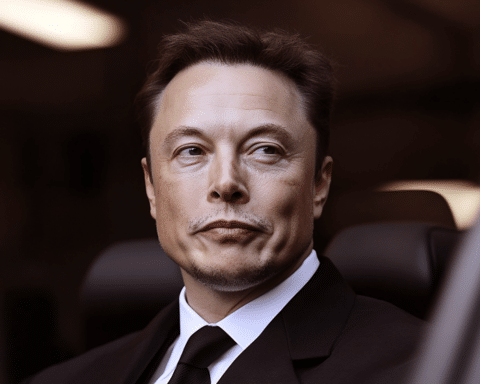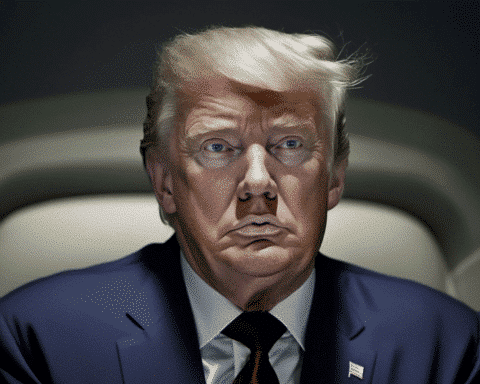Nikki Haley, the former governor of South Carolina and United Nations ambassador, announced her candidacy for the 2024 Republican nomination for president. In doing so, she has become the first major challenger to former President Donald Trump, who still holds significant influence over the Republican Party. Haley had previously said that she would not challenge Trump for the White House in 2024 but changed her mind citing the country’s economic troubles and the need for “generational change.”
Haley’s announcement comes amid an already crowded field of Republican contenders, which includes former Vice President Mike Pence, former Secretary of State Mike Pompeo, and South Carolina Senator Tim Scott. Haley’s decision to run is also significant as she is the first prominent Republican figure to challenge Trump, which could indicate a turning point in the party’s relationship with the former president.
In her announcement video, Haley stated that she doesn’t put up with bullies and that “when you kick back, it hurts them more if you’re wearing heels.” Haley is known for her track record of defying political expectations, having never lost an election. She is also the daughter of Indian immigrants, and if elected, she would become the first female president of the United States and the first person of Indian descent to hold the position.
Haley’s campaign is expected to focus on various issues, including economic growth, foreign policy, and social issues such as immigration and abortion. Her appeal to women, minorities and independent voters will likely be an essential part of her campaign strategy. However, Haley’s decision to run puts her in direct competition with Senator Tim Scott, another potential Republican candidate from South Carolina, which could prove challenging for her.
Last month during his visit to South Carolina, Trump revealed in an interview with WIS-TV that Haley had consulted him for his views on running for president. Despite Haley’s earlier commitment not to contest against him, Trump mentioned he did not attempt to stop her from running.
“She said she would never run against me because I was the greatest president, but people change their opinions, and they change what’s in their hearts,” Trump stated. “So I said, if your heart wants to do it, you have to go do it.”
While Haley faces a tough primary race, if she secures the nomination, she could present a formidable challenge to President Biden in the 2024 general election. Haley’s decision to run also indicates a potential shift towards a more moderate, centrist direction for the Republican party, as she has positioned herself as a pragmatist and consensus builder in the past. However, her close association with the Trump administration may still challenge her candidacy, as Trump remains a divisive figure within the party and the country.
Haley’s campaign will likely face significant challenges in the months ahead, including fundraising, building a national network of supporters, and developing a straightforward policy platform that can appeal to a broad swath of voters. Ultimately, the success of her candidacy will depend on a range of factors, including the strength of the economy, the state of the pandemic, and the political climate in the run-up to the 2024 election.




